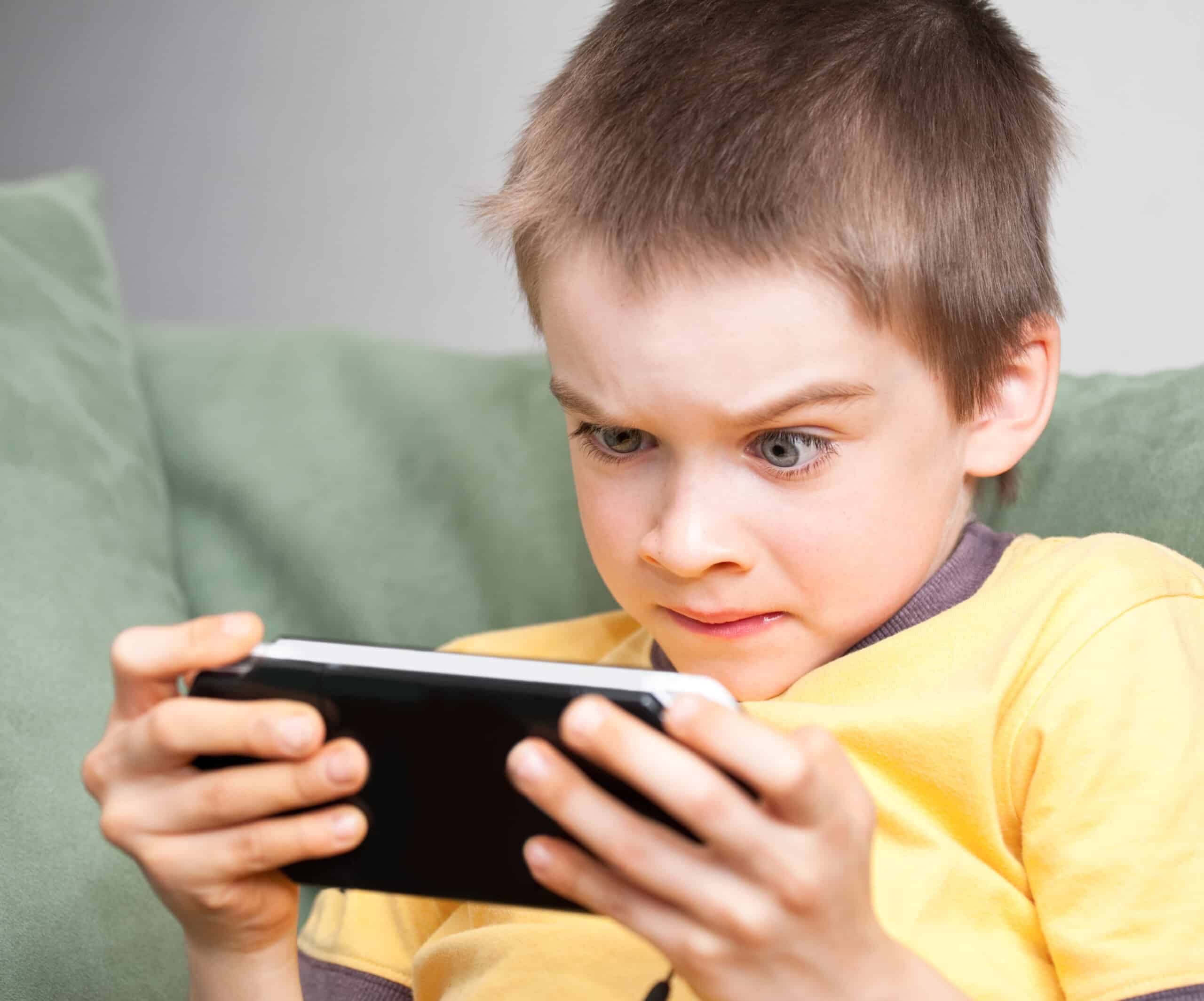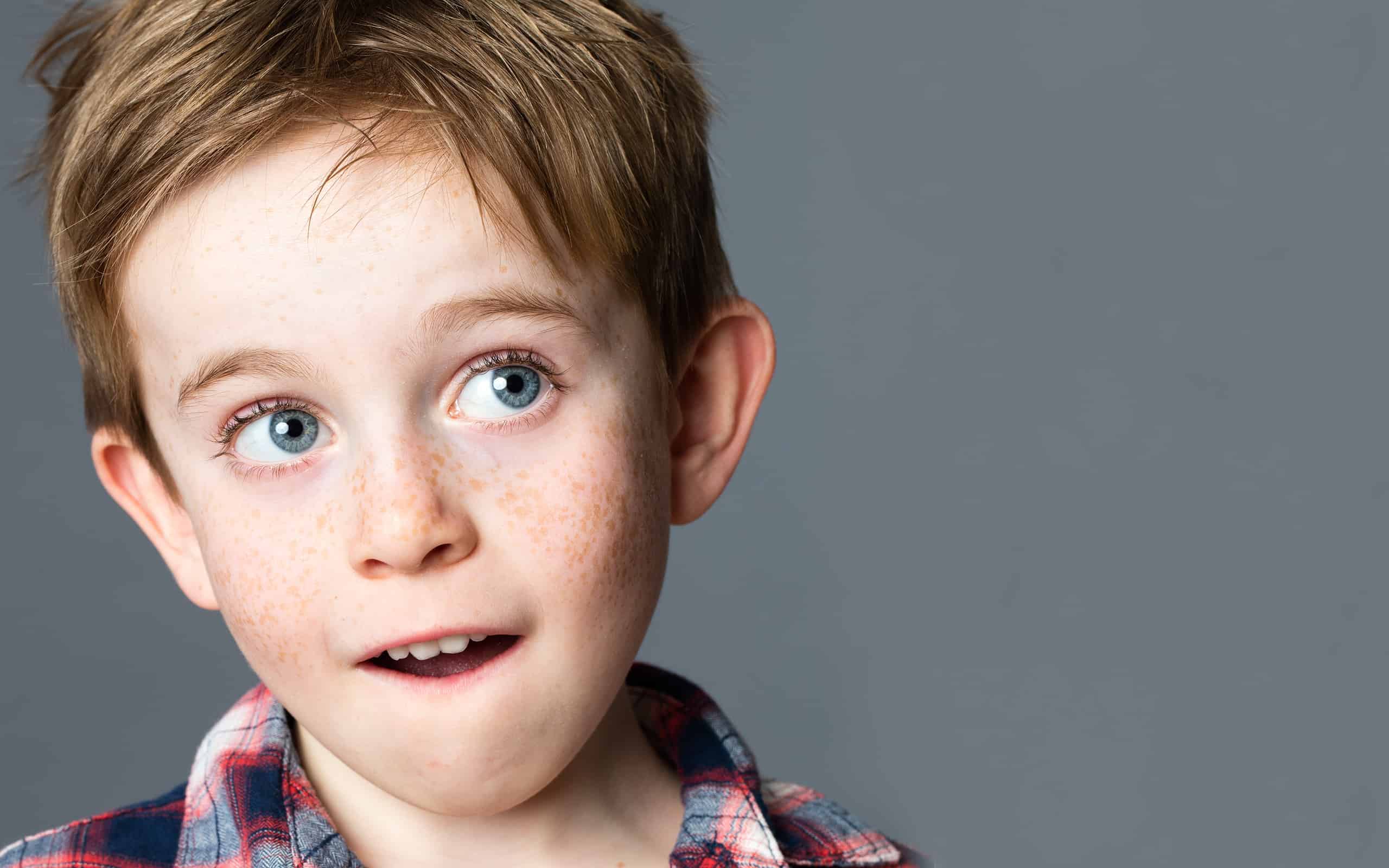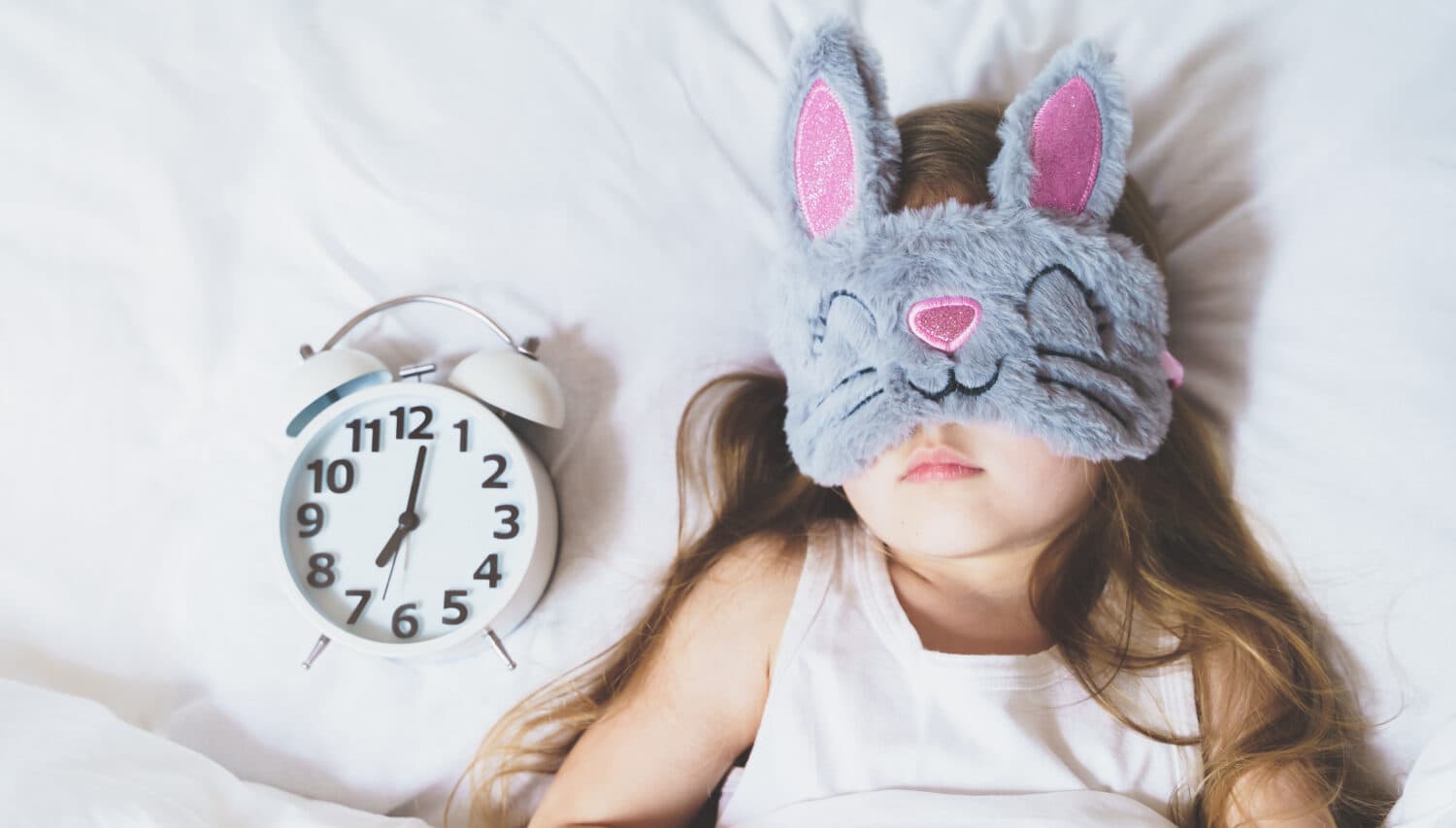































I Used to Let My Kids Do Sleepovers, But These 10 Factors Changed My Mind
Kids born in the 80s and 90s often remember with fondness the late nights, junk food, and sneaking out that accompanied sleepovers with friends. Over time, the sleepover trend has died down significantly, and every parent has their own reasons for that.
Your kids may beg and plead, and they may call you the worst parent ever, but we feel you're doing the right thing in many situations. We looked at many reasons that sleepovers are a bad idea, provided some stats and insights into sleepovers, and compiled advice about when (if ever) they are appropriate.
1. No Supervision
You're the type of parent who controls screen time, but maybe the neighbor's parents aren't. The truth is that when your kids are at a friend's house, you really have no control over their devices or rules. Not only could your kids have access to technology they normally wouldn't, the other parent may also have lax rules that put your kids in danger. Not only that, but they often come home expecting a change because "Samantha can, why can't I?"
2. Siblings of the Opposite Sex
Most kids have siblings of the opposite sex, and you can't control who sleeps where at someone else's house. If Jimmy and his friends decide to sleep in the game room with his little sister and hers, there's no telling what can happen without parental supervision.
3. No Socialization Parameters
When kids are young, they need socialization parameters so they understand what's appropriate and what's not. This is often when they learn about inappropriate touch, things they shouldn't share with their friends, and how to act around others. If your son doesn't understand that it's not okay to go to the bathroom with a friend in the room, he may be uncomfortable if someone else has to teach him that.
4. Better Ways to Create Relationships
As a parent, it's your job to facilitate healthy spaces and conversations for your child to create relationships. If they haven't had a chance to create proper boundaries with friends, their relationships may become advanced too early. This can lead to codependency or toxic behavior as time goes on. When your child is in your home, you have more control over the conversation.
5. Risks of Sexual Abuse
As awful as it is to face, there is a high risk of sexual abuse in sleepover situations. You may know the parents, the siblings, and all the extended family, but you have no control over who enters someone else's home. This could be a friend of a friend who seizes the opportunity to take advantage of your child.
6. Lack of Control Over Rules
Parenting rules are all over the spectrum, and you can only control your own home. If you have strict rules about what your kids can eat, you can't expect a friend's mom to enforce those rules. These rules can be anything from "no screen time after nine" to "no driving with friends in the car," and not all parents care about your rules.
7. Cranky Kids
We have yet to meet a kid who doesn't get cranky when their schedule is thrown off. This can be naptime, mealtimes, or even screen time. You know those times when you send the kids with grandma and grandpa, they get everything they want, and come home cranky? Sleepovers present the same problem.
8. Kids Need Personal Space
Even the neediest kids need time alone, and there's no guarantee when they're going to need that. Your kids might have stars in their eyes about the possibility of spending two full days with friends, but the truth is that they are likely to get tired of each other. What happens if your child needs space and they're in the same room as friends? They may get upset, a fight breaks out, and they say things they don't mean, all because they need a bit of alone time.
9. Appropriate Time With Friends
It's not appropriate to spend all your time with friends. This is true with kids and adults. A common expression parents use is "pace yourself," and this applies to how much time they spend with one friend. To help your kids develop appropriate bonds with friends, you may need to set boundaries on how often they are together. Sleepovers only exacerbate the issue and can lead to irritation and frustration the friends wouldn't otherwise feel. There can be too much of a good thing.
10. Cleanliness
Every house has different cleanliness rules. This can include everything from how often your kids shower to if the sheets get washed regularly. When your child is at a friend's house, they're susceptible to whatever germs or toxins are in the house. It's okay to expect your kids to have hygiene boundaries, but you can't control what other people do with their kids in their own homes. Things like bed bugs and lice spread like crazy during sleepovers.
Some Statistics About Sleepovers
If you're not convinced yet, we have some interesting statistics you might want to consider about sleepovers.
- Only 10% of abuse cases involve a stranger.
- About 40% of abuse cases involve a family member.
- Most abuse happens between 7-15, and girls are at a significantly higher risk.
- One in five girls and one in 20 boys will experience some type of sexual abuse.
Sleepover Alternatives
Try one of these alternatives to a sleepover if you want to give your kids the memories without the risks.
- Half-sleepovers: Let the kids stay out for a "late night," until midnight or so.
- Family sleepovers: Plan a short trip (like camping) with another family so your kids can enjoy the experience with you managing it.
- Parties: Have themed parties during the day or that end at an acceptable hour.
How to Say No to a Sleepover
If your kids have friends who invite them to sleepovers and don't understand why you decline, remember that you don't have to explain any of your parenting decisions. If you are concerned that it's creating a rift, discuss your stance with the other parents to help them understand it's nothing personal; it's just a family rule.
What Age Are Sleepovers Appropriate for Those Who Allow Them?
If you decide that sleepovers are okay for your family, there's no right or wrong time to start. Consider your child's maturity, keep communication open, and get to know the other family.
Your Kids Will Thank You Later
Much of parenting is making your kids mad for their own good. They may not understand now, but they'll thank you later once they understand the dangers and concerns of sleepovers. As always, it's most important to keep communication lines open with your children.